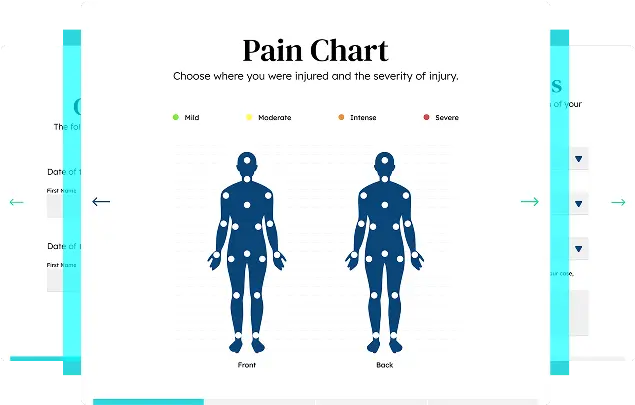Carlisle Personal Injury Lawyer
Suffered a personal injury in Carlisle? DiBella Law Offices is ready to fight for your rights and help you secure the compensation you deserve.
Get Free Advice About The Compensation You Deserve
Home » Carlisle Personal Injury Lawyer
Reviewed by: Christopher DiBella
April 11, 2025
Fighting for the Compensation You Deserve After an Injury in Carlisle
After sustaining a serious injury, you have every right to pursue compensation with a dedicated and skilled legal Carlisle personal injury attorney at your side. At DiBella Law Injury and Accident Lawyers, we understand that being faced with an unexpected injury can result in extensive medical bills, loss of wages, and – in extreme cases – the loss of a beloved family member.
Our firm’s founding partner has built a foundation of excellence that has grown into a trusted reputation. Attorney DiBella was named a “Rising Star” by Boston Magazine and is included in the National Trial Lawyers Association’s list of “Top 40 Under 40.” His list of achievements is a testament to his commitment to the firm, the law, and his clients.
Let us fight your legal battle so you can focus on your recover. Call (781) 386-1232 today to learn how we can help.
We’ve offered crucial support and guidance to individuals who have suffered injuries, ensuring their financial and emotional well-being.
Cases We Handle
When you come to our firm, you can trust that your interests and needs are prioritized from the start. Trying to navigate your way through the inherent complexities of our legal system can be extremely overwhelming and stressful. During this time of crisis, your choice in representation has never been more important. Let us guide you with trusted and top-quality legal representation.
DiBella Law Injury and Accident Lawyers handles a wide range of Middlesex County personal injury cases, including:
- Car accidents
- Truck accidents
- Slip & fall accidents
- Workplace accidents
- Animal bites
- Nursing home/elder neglect and abuse
Get immediate case evaluation with no cost or obligation to you in less than 5 minutes.

Schedule Your Complimentary Consultation
Our Carlisle personal injury attorneys have nearly two decades of experience in seeking the best possible results for the innocently injured. Since our opening, we’ve settled several million dollars in damages and verdicts. As our client, you can trust that we be by your side every step of the way.
DiBella Law Injury and Accident Lawyers is available to help you 24 hours a day. Contacts today to request your free consultation.
